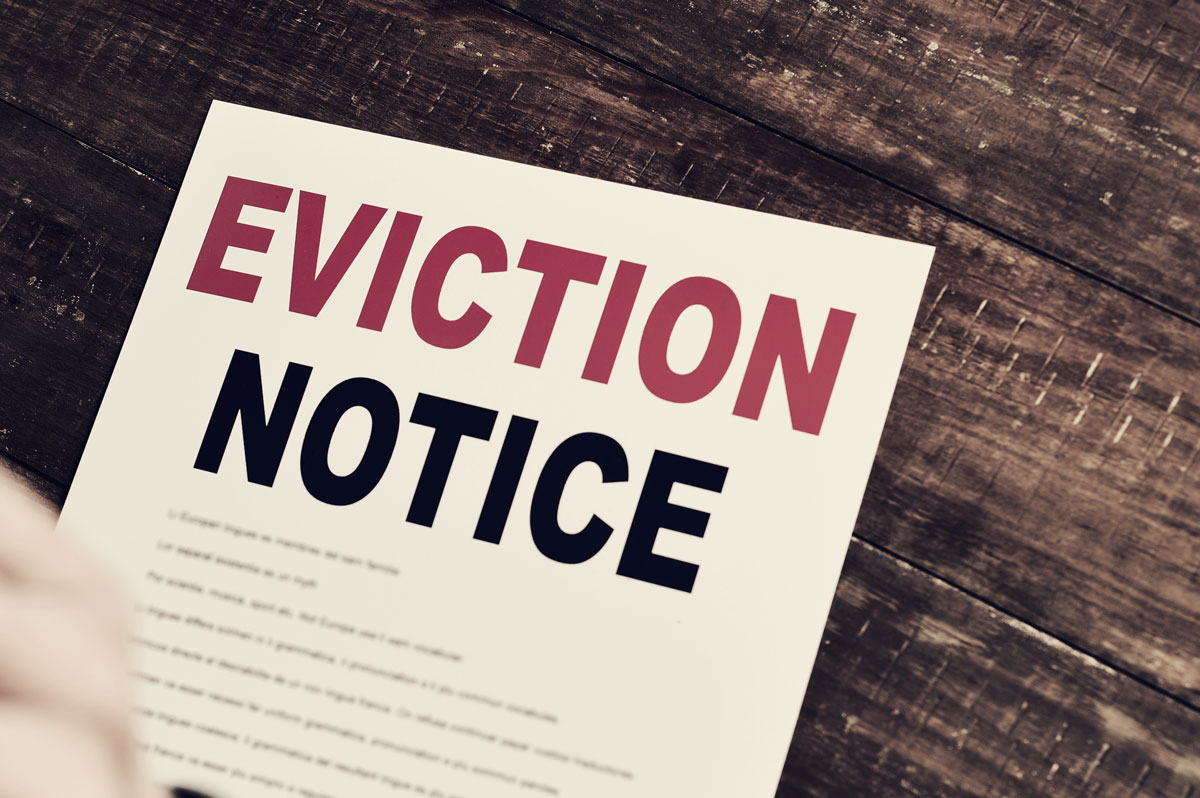
09 Sep A COVID 19 Landlord’s Guide to A Tenant Who Can’t Pay
Millions of Americans have had furloughs, layoffs, and financial unpredictability due to coronavirus. Because of this, renters are having a hard time paying their rent, and landlords are struggling to cover their own costs while finding a solution to help their renters.
More than half of landlords are facing renters who are not able to pay their rent due to the COVID-19 pandemic. Among them, more than half are willing to work with renters who are having a difficult time.
While landlords are still expected to make their mortgage payments and continue to pay taxes and insurance, there are a few states that have carried out emergency protocols to help tenants. These include payment grace periods or forbearances, late-fee waivers, and even eviction freezes.
If your renter stops paying rent, as a landlord, here are some things that you can do.
Speak with your tenants
With so much uncertainty happening in regards to the pandemic and businesses closing and people being laid off, landlords should already be checking in with their renters. This will get in front of a problem before it arises and more than likely, your renters will most likely know if they will be unable to pay their rent.
Figure out a payment plan
Because each renter has a different situation financially, making a payment plan might look different from renter to renter. Keep in mind that it has to be manageable and doable or it might not get met.
Be sure that whatever the agreement may be, that it is put in writing with specific information detailing the time frame and amounts. This is in both the tenant and the landlord’s best interest because it will create a paper trail that can be used if either parties break the agreement.
Connect with your mortgage lenders
As a landlord, if you are concerned that you might fall short on your payment to your mortgage lender, contact them to see what kind of assistance they can offer.
It’s also a good idea to look into the CARES Act (Coronavirus Aid, Relief, and Economic Security Act). If you’re a landlord or homeowner who has a mortgage, the CARES Act helps borrowers who have renters who aren’t paying their rent by suspending late fees on mortgage payments and halting foreclosures.
Mortgage companies will typically draw up new payment plans if this situation is happening. Keep in mind, they will most likely need proof in written form that shows loss of rental income.
Taxes are still owed
Landlords and homeowners still have other expenses other than a mortgage. Property taxes can average more than $3,000 on average per year. Covid has given several municipalities the ability to let landlords and homeowners set up payment plans and even defer tax payments. Some municipalities are even waving penalties and interest that have accrued on late property taxes as long as they are paid by October 01.
Double check your insurance policy
Another expense that landlords cannot fall behind on is home insurance. A typical landlord insurance policy costs up to 25% more than a regular homeowner policy.
Insurers are working with homeowners and landlords by not canceling policies due to late or nonpayments, waiving late fees, and creating payment plans.
Look over your existing policy and determine if shopping around will save you money. Make sure you keep your liability coverage. This could come in handy if a tenant or renter tries to sue because they got COVID while in your building. The suit may not go very far, but having the coverage will help you.
If you can, try not to evict anyone right now
Many of the courts are extremely backlogged or even closed because of the pandemic. As the emergency ban on evictions lifts and the courts reopen, as a landlord you should still try to hold off on evictions. Eviction hearings and trials can be extremely time-consuming and often end up being very costly. If you have the ability and have worked with your lenders and can financially afford to, working with renters on a case by case basis in regards to evictions might work out best for both parties. If you were to evict a tenant and get a judgement against them, you might not ever see payment and will still have court fees to pay.
Know when you CAN and SHOULD evict
After extending grace to tenants and understanding their unique circumstances, there are times when proceeding with eviction is both necessary and prudent. Many courts have lifted evicted bans (even since the publishing of this blog). As a landlord, it is within your right to proceed as the courts will allow.
Don’t want to deal with these complex tenant situations? Let Sound Choice Real Estate Take Care of Everything!
If you’d like some help from our team of professionals at Sound Choice Real Estate please Click Here or give us a call at 850-389-8533 to Contact Us.Sound Choice offers full-service property management in Niceville, Destin, Crestview, Fort Walton Beach and the surrounding areas. We are dedicated to providing a maximum return on your investment and eliminating hassle and stress.

Sorry, the comment form is closed at this time.